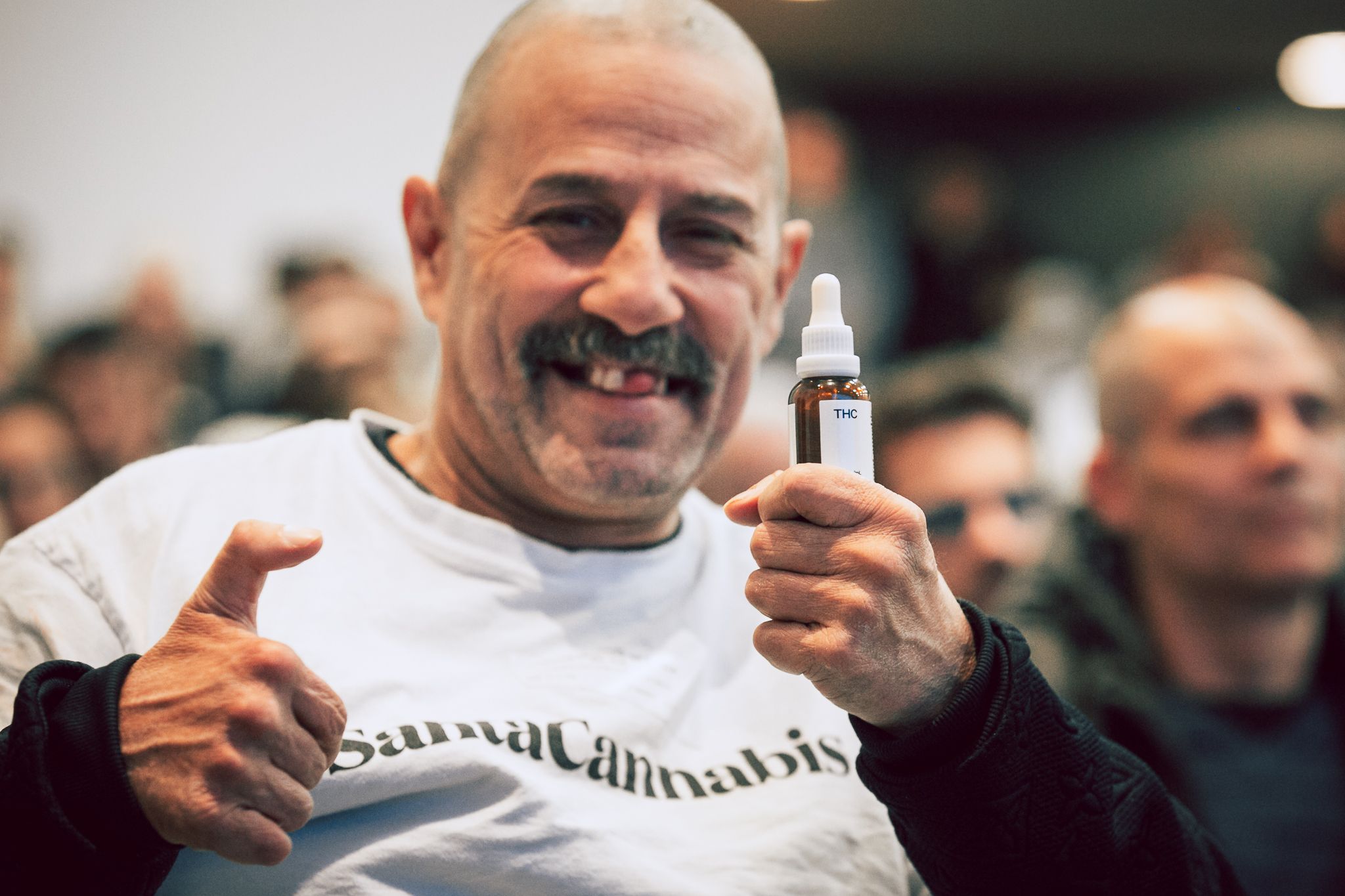Santa Catarina to have task force to expand access to medical cannabis
Alesc discusses agreements, professional training, and cultivation by family farming
Published on 08/26/2025

Image: Bruno Collaço / Agência AL
The Santa Catarina State Legislative Assembly (Alesc) is set to create a task force to discuss the distribution of cannabis-based medicines in the public health system. Among the proposed actions are the training of professionals to prescribe and monitor treatments, the possibility of agreements between the government and cannabis associations, and authorization for plant cultivation by family farming, aimed at producing medicines.
The announcement of the task force was made during a public hearing on the use of medical cannabis in the treatment of chronic diseases. The meeting, promoted by the Health Committee on Monday night (25), brought together authorities, healthcare professionals, researchers, associations, users, and patients' families.

Deputy Paulinha (Podemos), the proponent of the hearing, advocated for expanded access. "We must ensure that this medication reaches those in need who cannot afford it," she stated. According to the lawmaker, Santa Catarina already has one of the most advanced legislations in the country on the subject, but faces challenges such as lack of technical knowledge on prescription, funding difficulties, and the need to increase production.
Paulinha referred to State Law No. 19,136/2024, which established the State Policy for Free Supply of Cannabis-Based Medicines. The regulation was enacted in May by executive decree but was criticized by Deputy Padre Pedro Baldissera (PT), the author of a proposal to annul the decree.
"The decree does not effectively serve those in need. It restricted access to cannabidiol by creating a team of professionals to decide on the supply. But this is unnecessary, as a medical prescription is sufficient," Baldissera stated.
In defense of the regulation, State Health Secretary Diogo Demarchi Silva stated that the government is making progress in implementing the law.
"The department is open to discussion. We are here to listen to society, explain some aspects, and proceed with the relevant actions," he said.
Testimonials and Experiences

Deputy Marquito (Psol) also participated in the hearing and emphasized the importance of the proposed actions. In addition to him, doctors, researchers, patients, families, and association representatives shared experiences about the use of medical cannabis.
Among the testimonials, users highlighted the benefits of the substance in treating diseases such as fibromyalgia, autism spectrum disorder (ASD), Alzheimer's, Parkinson's, and epilepsy. Universities reported legal uncertainty in conducting research, while doctors presented scientific and clinical evidence on the positive outcomes of medical cannabis.
One of the most touching testimonies came from Daiana Barcelos, a mother of a girl with epilepsy. "My daughter experienced an improvement in her quality of life and got out of the wheelchair. However, after being without cannabidiol for a few months, she went through the worst crises she had ever faced," she recounted.
Facing difficulties, Daiana organized a campaign to raise R$ 350,000 to acquire a purification device, which will enable the production of specific compounds based on medical cannabis.








